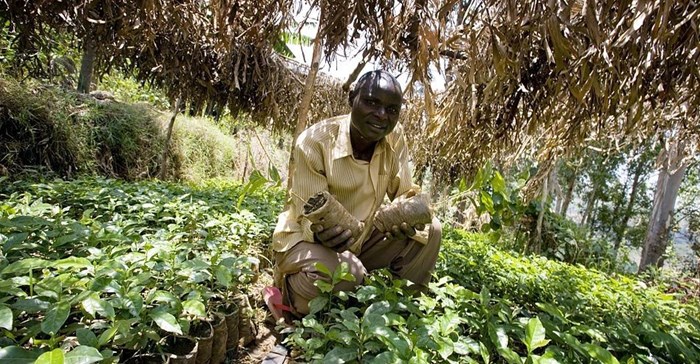The Southern African Confederation of Agricultural Unions (SACAU) has joined a global call to make agriculture insurance available as one of the tools to help farmers adapt to the climate change challenges, especially smallholder farmers who are often hit particularly hard by extreme climate events such as droughts and floods, according to SACAU CEO Ishmael Sunga.
“Farmers need to constantly find ways to address these challenges. Targeted insurance supports climate adaptation by providing funds when farmers are hit by extreme climate events, and by allowing farmers to adopt innovations to exploit opportunities when they are available,” Sunga added.
SACAU is joining other agricultural and climate change organisations in calling for farmers to have access to insurance products tailored to their “context specific needs that reduce vulnerability, unlock opportunity, spur uptake of climate-smart technologies and practices, and build resilience to a variable and changing climate.”
The global call to action follows a meeting which was held in Bonn, Germany, in May this year where these organisations agreed that a collective effort to support farmers in adapting to climate change is required. The organisations noted that there are already successful examples to emulate in northern Kenya and Ethiopia.
Among the organisations involved in the call with SACAU are CGIAR’s Research Programme on Climate Change, Agriculture and Food Security (CCAFS), International Research Institute for Climate and Society, Technical Center for Agricultural and Rural Cooperation (CTA), Syngenta Foundation for Sustainable Agriculture and the Global Resilience Partnership.
Coordinated efforts
These organisations have identified key challenges that need coordinated efforts in order to support farmers. Areas requiring these efforts include designing insurance solutions that equitably address farmers’ context-specific needs and risks, increasing the availability of data to tailor insurance to the needs of farmers and the risks that are important to them; extending insurance across the full agricultural value chain, including non-farm actors; developing the capacity of existing local distribution channels and potential aggregators; and creating added value by integrating insurance with climate-smart technologies, credit, value chains and development strategies.
Other areas are ensuring an enabling regulatory environment and creating support for such public-private partnerships and strengthening the evidence base to justify and guide investment, to identify and address market failure.
The organisations have also highlighted that farmers’ organisations need to foster two-way communication by promoting understanding of insurance and responsibility to manage risk to farmers, and in turn articulating farmers’ needs to insurance providers, governments, and development partners; and, play a proactive role in facilitating data collection and the distribution of insurance (e.g. as aggregators as appropriate).
The call to action identified specific intervention areas for the private sector, the international development and climate adaptation community and the agricultural research community.
The call to action is published on the CCAFS website.

























